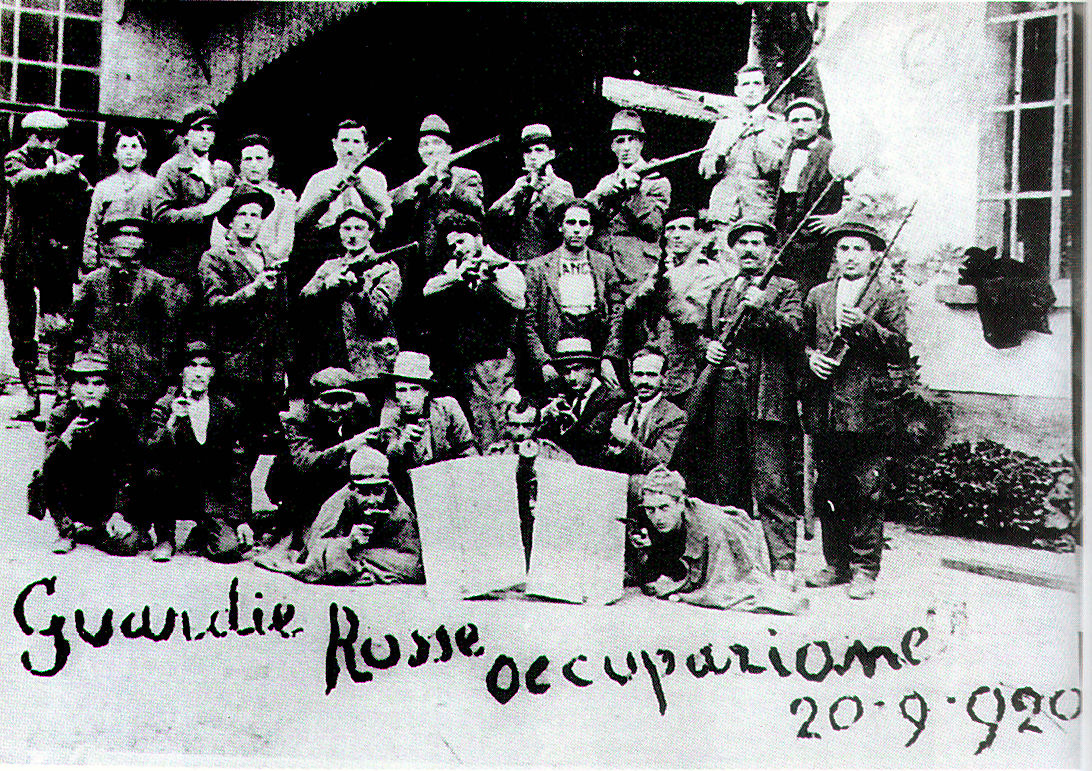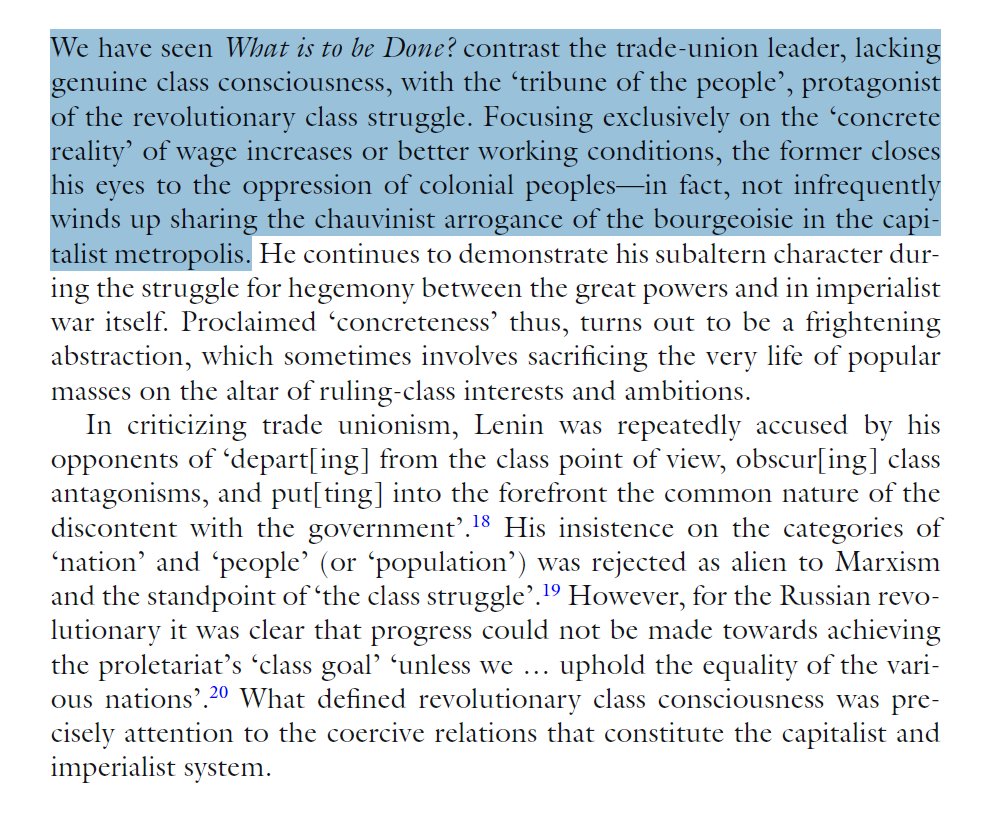

Yes, I also quite like NYE, I don’t know why he chose to write about it in particular, maybe it was worse in his time. However, his point about about bourgeois holidays and commemorations of historical events that have no meaning to the vast majority of today’s people I find to be correct. There are several such “holidays” in my country which the bourgeoisie basically forces, and which the majority of people don’t care about. I guess getting the day off is still nice though.












Based on this comment, I think you’d also enjoy Gramsci’s The Revolution against Das Kapital (1917)!